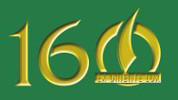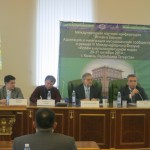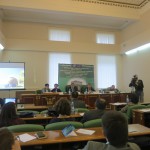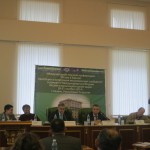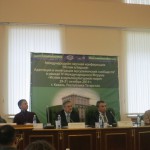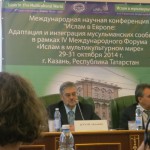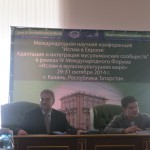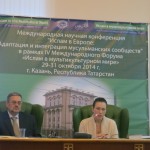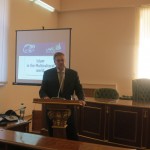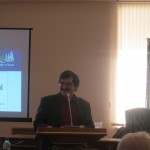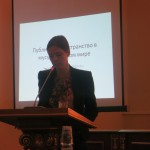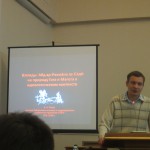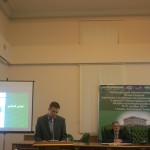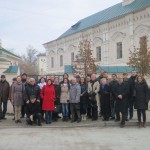On October 29–31, 2014 the Kazan Federal University hosted the Fourth Kazan International Academic Forum “Islam in the Multicultural World”. Every year the Forum has a different central theme. This year it explored the adaptation and integration of Muslim minority communities in various European countries. The Forum has already established itself as an important major academic venue for discussion of current issues in the field of Islamic studies and other academic disciplines devoted to the study of Muslim societies. Participants arrived in Kazan from different countries: Finland, the USA, Georgia, Ukraine, Belarus, Netherlands, Poland, Hungary, Sweden, Germany, Russia.
The guests of the Forum made presentations and participated in productive discussions at six panels, each of which could be the topic of a separate scholarly conference, namely, Islam among Polish-Lithuanian and Finnish Tatars, the history of Muslims in Europe, Muslims in Europe in the 21st century, the problem of Islamophobia and interfaith dialogue, Islam in Russia: problems of education, culture and status of Russian Muslims, new converts to Islam in European countries and Russia.
The Forum also hosted a round table on “Islam and Islamic Themes in Society, Culture and Cyberspace” organized by the Project Director of the Laboratory for Analysis and Modeling of Social Processes at the St. Petersburg State University, Professor Alexander Knysh. He and five other members of the Laboratory presented papers on, and discussed the historical experiences of, attempts at establishing an Islamic state in various parts of the globe. Special attention was given to the attractiveness of the Islamic/Sharia model of governance and social order to various Muslim groups in the current political environment, as well as the interaction of the state and society in public spaces, such as the streets of Muslim cities, on the pages of magazines and newspapers, and on the Internet. Overall, the Forum facilitated a fruitful discussion and exchange of scholarly and regional expertise, while also helping to promote academic ties between universities and scholars based in different countries of Eurasia and beyond.

